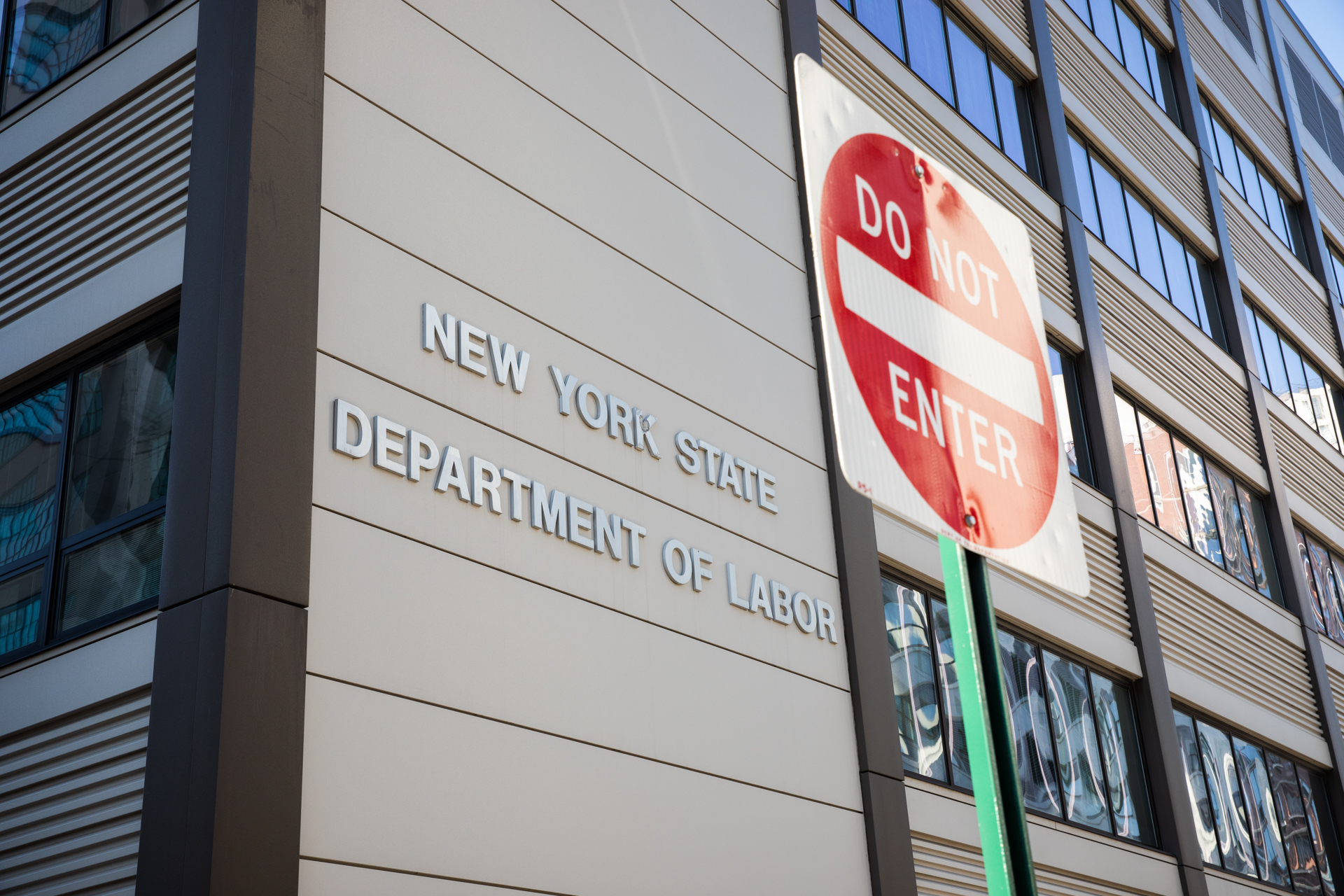Wage protection laws in New York: A look at Part 195, your shield against unfair pay cuts and deductions

In New York State, employees can take solace in the strength of Labor Law’s Part 195, a statute governing authorized deductions from wages. This regulation, which applies to all employers and their employees — except for government agencies — establishes comprehensive guidelines around deductions for the benefit of employees, recovery of overpayments due to clerical errors and repayment of wage advances.
Part 195 of Title 12 of the Official Compilation of Codes, Rules, and Regulations of the State of New York (Part 195) creates safeguards to ensure the rights and incomes of employees are preserved, establishing explicit categories of legal wage deductions.
Employers cannot make any deductions from wages except those that align with these categories, which include deductions made under governmental law or regulation, those authorized by the employee for their own benefit, deductions for recovery of overpayments, and deductions for repayment of wage advances.